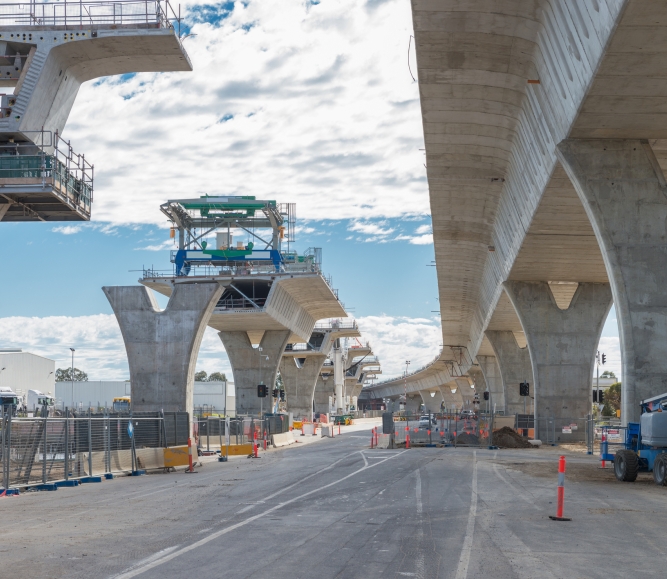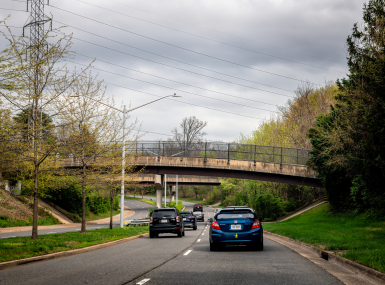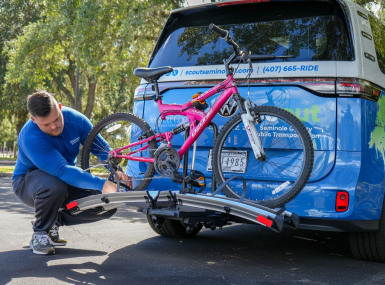The Bipartisan Infrastructure Law: Examining Investments in County Infrastructure

Upcoming Events
Related News
The Bipartisan Infrastructure Law (BIL/P.L. 117-58) provides nearly $1 trillion in funding over five years, including $550 billion in new investments divided between transportation and other core infrastructure sectors like water, broadband, energy and environmental remediation. Because 90 percent or more of federal transportation funds flow directly to state DOT’s, counties do not receive any guaranteed, direct federal funding to operate and maintain the nation’s roads and bridges despite significant responsibilities. Without access to these formula funds, counties and other local governments must compete for the 10 percent or less of funding that remains for competitive programs. In total, counties received just 8 percent of funding under the seven programs in FY 2022, while cities and towns received 31 percent; states 48 percent; and “other” 12 percent.
Resource
Implementing Infrastructure Investments at the County Level: The Bipartisan Infrastructure Law (P.L. 117-58)

Related News

Local government organizations send letter in support of the BASICS Act to congressional leaders
On February 16, nearly 80 state associations of counties and municipal leagues representing local governments in all 50 states sent a letter to the leaders of the U.S. House Committee on Transportation and Infrastructure and the U.S. Senate Committee on Environment and Public Works expressing their support for the Bridges And Safety Infrastructure for Community Success (BASICS) Act (H.R. 7437) and urging its inclusion in the next surface transportation reauthorization bill.

U.S. House members introduce NACo-endorsed, bipartisan BASICS Act to improve transportation programs for local infrastructure
On February 9, Reps. Kristen McDonald Rivet (D-Mich.) and Robert Bresnahan (R-Pa.) introduced the Bridges And Safety Infrastructure for Community Success (BASICS) Act.
